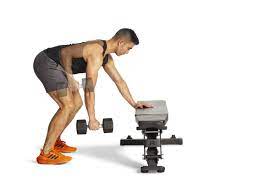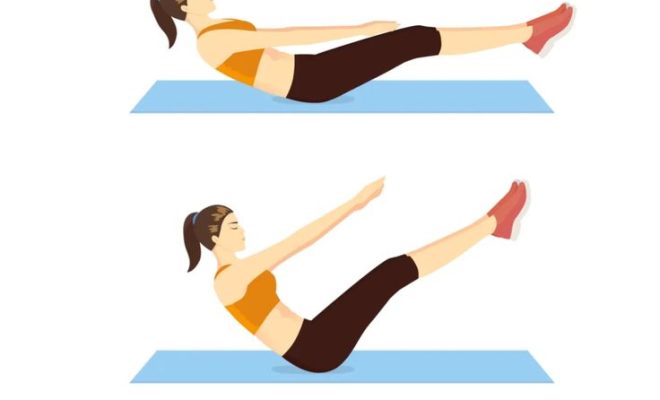Best sleep position for getting to sleep if you have a cold or flu – expert tips

Getting a good night’s sleep can be a struggle when you’re dealing with the cold or flu. However, sleeping in the right position can make a significant difference. Here are some expert tips on the best sleep positions to help ease your symptoms and encourage better rest.
Elevate Your Head
Sleeping with your head elevated can help reduce nasal congestion. Use extra pillows or a wedge pillow to prop up your head and upper body. This position allows for better drainage and can prevent the mucus from accumulating in your sinuses, reducing pressure and helping you breathe easier.
Sleep On Your Side
If you have a cough, lying on your side is beneficial. It can reduce compression of your chest and help minimize coughing fits. Additionally, if you only have congestion on one side, try to lie on the opposite side. This change in position may help open up clogged nasal passages.
The Fetal Position
Some people find that sleeping in a curled-up fetal position helps when they’re congested because it provides warmth and comfort, which can be soothing during illness. Just make sure not to curl up too tightly, as this may restrict breathing even further.
Avoid Sleeping On Your Back
When you’re sick, try not to sleep flat on your back. This position may lead to throat irritation and coughs as the postnasal drip hits the back of your throat. It can also increase the chance of a blocked airway which might worsen snoring or periods of stopped breathing in those with sleep apnea.
Stay Hydrated and Continue Treatment
While adjusting your sleep position is helpful, don’t forget to stay hydrated and continue with any prescribed treatments or remedies that alleviate cold or flu symptoms. Keeping hydrated will thin out mucus making it easier to breathe.
Remember these tips are general advice that may provide relief for many but do not substitute professional medical advice. If you experience prolonged or severe discomfort while trying to sleep with cold or flu symptoms, you should consult a healthcare provider for personal guidance and treatment options specific to your condition.
By considering these expert tips on sleeping positions, you may find some relief from your symptoms so you can rest easier and give your body the strength it needs to fight off the illness.





